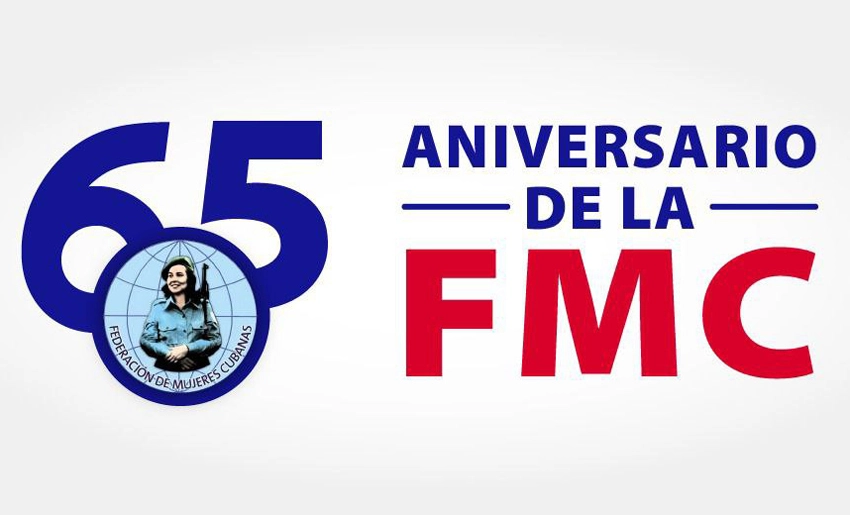Under the warm August sun, the echo of a history spanning six and a half decades merges with the present. The Federation of Cuban Women (FMC) celebrates its 65th anniversary, not as a relic of the past, but as a vibrant institution that has witnessed and architected the island’s social transformation.
Its history is an inseparable fabric of the Revolution itself; a journey that began with the clear vision of an extraordinary woman: Vilma Espín Guillois.
The seed was planted on August 23rd, 1960. It was not a spontaneous act, but the culmination of a process of unity. Vilma, a chemical engineer by profession and a revolutionary at heart, was already a legend for her participation in the clandestine struggle in the Sierra Maestra. She understood that national liberation was incomplete without the liberation of women.
Thus, under her leadership, the various existing women’s organizations were unified into a single force. The FMC was born with a goal as ambitious as it was necessary: to fully incorporate women into society and employment, and to fight for their full equal rights in all spheres.
Vilma, who presided over the organization until her death in 2007, was not only its founder; she was its moral and ideological compass. With elegance and firmness, she defended from the beginning that women’s emancipation was not a fight against men, but a battle alongside them to build a more just society for all.
The first years were filled with unstoppable enthusiasm. FMC members traveled to every corner of the country. They participated in the emblematic Literacy Campaign in 1961, where thousands of young women, volunteer teachers, set out to the most remote areas to teach reading and writing.
But they didn’t stop there. They were instrumental in the creation of the Children’s Circles in 1961, a visionary idea of Vilma’s that allowed thousands of mothers to enter the workforce, studying the education and care of their children.
Over the years, the organization has evolved to face new challenges. Initially focused on employment and the defense of the Revolution, it later expanded its scope, delving deeper into health prevention, with family planning and breast cancer screening programs. Its Women and Family Guidance Centers became a refuge for legal, psychological, and social counseling.
Today, with a growing number of members—more than four million—the Federation faces the battles of the 21st century. Its fight is no longer just for access to education, but also against the remnants of machismo in culture. It addresses gender-based violence head-on, promoting greater social awareness and the recent approval of a National Program to combat it. It also focuses on the aging population, supporting older women, and the economic empowerment of young women, including new entrepreneurs in the private sector.
The achievements to date are tangible, and behind each of them is the persistent work of women: lobbying, proposing, and educating.
The 65th anniversary of the Federation of Cuban Women is not just a commemoration; it is a reaffirmation. It is the recognition of a project that forever changed the face of the Cuban nation. As generations of women march today, heirs to Vilma’s initial fire, they do so aware that full equality is a constantly moving goal.
The page of the Federation of Cuban Women, therefore, is not finished. It continues to be written in every neighborhood, in every workplace, in every family discussion, perpetuating the mandate of its founder: to fight tirelessly for a future where equality is not a concession, but a lived reality.
- Céspedes: The Legacy of a Father - 27 de February de 2026
- The Silent Epic of Education for Young People and Adults - 24 de February de 2026
- Benny Moré: The Eternal Journey of the Barbarian of Rhythm - 19 de February de 2026

